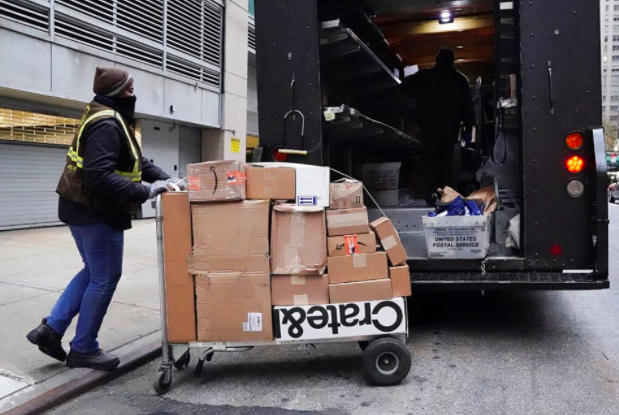Are students in today’s society put under too much pressure? Is that why they feel the need to cheat on standardized tests?
Twenty students from Nassau County, New York were recently charged with crimes involving cheating. Some allegedly paid other people to take the SAT or other important tests for them, paying as much as $3,600 to secure a top notch score.
That decision has led to misdemeanor charges for them. Five others are accused of taking the test for someone else, leading to more serious felony charges. Why did these students feel the need to cheat? Was it to please their parents or society’s high expectations? Or was it just to satisfy a need for control and power?
Kathleen Rice, the Nassau County District Attorney involved in these recent cases, said, “If we can’t teach 16-, 17-, 18-year-olds that cheating is wrong, shame on us. Educating our children means more than teaching them facts and figures. It means teaching them honesty, integrity, and a sense of fair play.”
Society attempts to teach children that cheating is wrong. The majority of school age children adhere to these rules, but unfortunately some cross the line. Were these students not taught properly, or are they so conflicted that they knowingly go against what they were taught?
The 2009 film Race To Nowhere, directed by Vicki Abeles, is about teens and young people across the country that are under serious pressure to do well in school. The film takes on the disastrous side of our “achievement-obsessed culture,” and includes interviews focused on overburdened schedules, student suicide, and academic cheating.
Race to Nowhere helps families and educators question the best approaches to prepare the youth of America to become bright, contributing, and leading citizens of our world.
Teens have jam-packed schedules that include difficult courses, sports, clubs, and socializing. There are certainly benefits to being involved in a wide-range of activities, but this only adds pressure on students whose schedules are already stretched thin.
The more the students pack into their day, the less time they have available to prepare for college entry exams. Not only do students feel pressure to get good grades, but they also have to please college admission boards with impressive extracurricular involvement.
It is good to aim high and set goals, but too much stress is not going to help achieve those goals. It is only going to push students to make poor decisions. This does not excuse what these students involved in the cheating scandal did, but this might be a key piece of the puzzle in explaining why the cheating occurred.
There are no definitive answers, but it is important to learn from this scandal, and to try to find way to prevent it from occurring in the future.













































